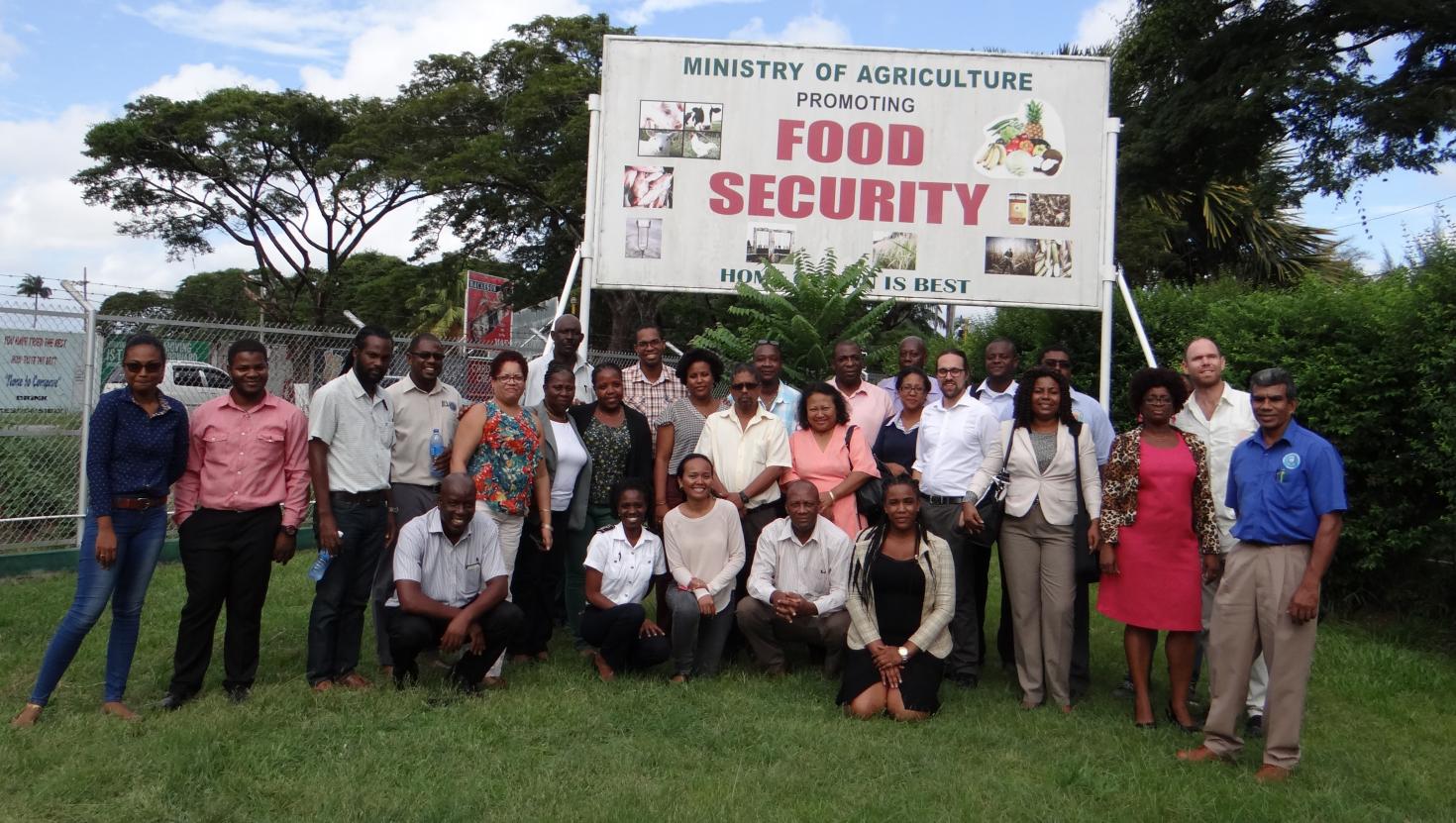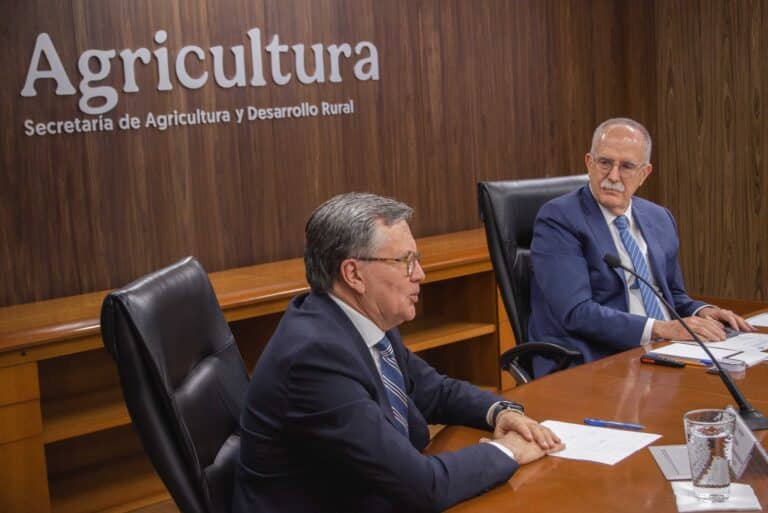The Risk Mapping Workshop focused on the issue of climate change and its impact on agricultural production systems and the environment, have brought into sharp focus the need for enhancing agricultural disaster and risk management systems to facilitate appropriate and timely responses

Georgetown, Guyana. The issue of climate change and its impact on agricultural production systems and the environment, have brought into sharp focus the need for enhancing agricultural disaster and risk management systems to facilitate appropriate and timely responses by all stakeholders including agricultural producers, technical support agencies and policy makers.
It is within this context that the IICA Delegation in Guyana and Suriname, under the Institute’s Flagship Project – “Resilience and Comprehensive Risk Management in Agriculture” in collaboration with UNDP successfully executed a three (3) day workshop on “Risk Mapping” in an effort to enhance the institutional capacity of stakeholders for promoting and supporting effective Agricultural Disaster and Risk Management (ADRM) and strengthening the resilience of agricultural production systems in the two countries.
This activity was held between the periods, October 3 – 5, 2016 in the Ministry of Agriculture boardroom. Participants from agencies within the agricultural sector from both Guyana and Suriname among which were representatives from National Agricultural Research and Extension Institute (NAREI), Hydromet Office, Civil Defense Commission (CDC), Guyana Rice Board (GRDB), GUYSUCO, Red Cross, Lands and Survey Commission, Guyana Livestock Development Authority (GLDA), National Plant Protection Organization (NPPO), Office of the President (Suriname), UNDP (Suriname), Ministry of Natural Resources and representatives from IICA Delegation in Guyana.
The objectives of the three-day workshop focused on:
- Increase knowledge on agricultural risk and disaster risk management.
- Specific knowledge on risk mapping and sources of data to prepare maps for both Guyana and Suriname.
Given the importance and the successful execution of the Risk Mapping Workshop, IICA Delegation in Guyana will be focusing on developing at least one map quarterly as it relates to floods, drought, saline intrusion and pest and diseases. Further, UNDP in collaboration with IICA Delegation in Suriname and Guyana envisage the development of a project.
More information: jermaine.joseph@iica.int











